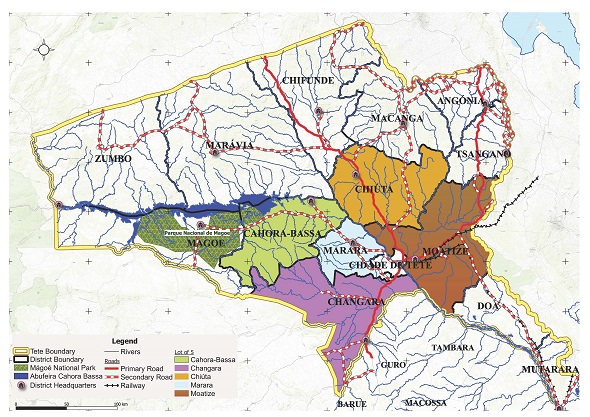Our ARR Project
Tete Forest Restoration and
Sustainable Livelihood Project
Building carbon -neutral future
Planting trees, growing opportunities
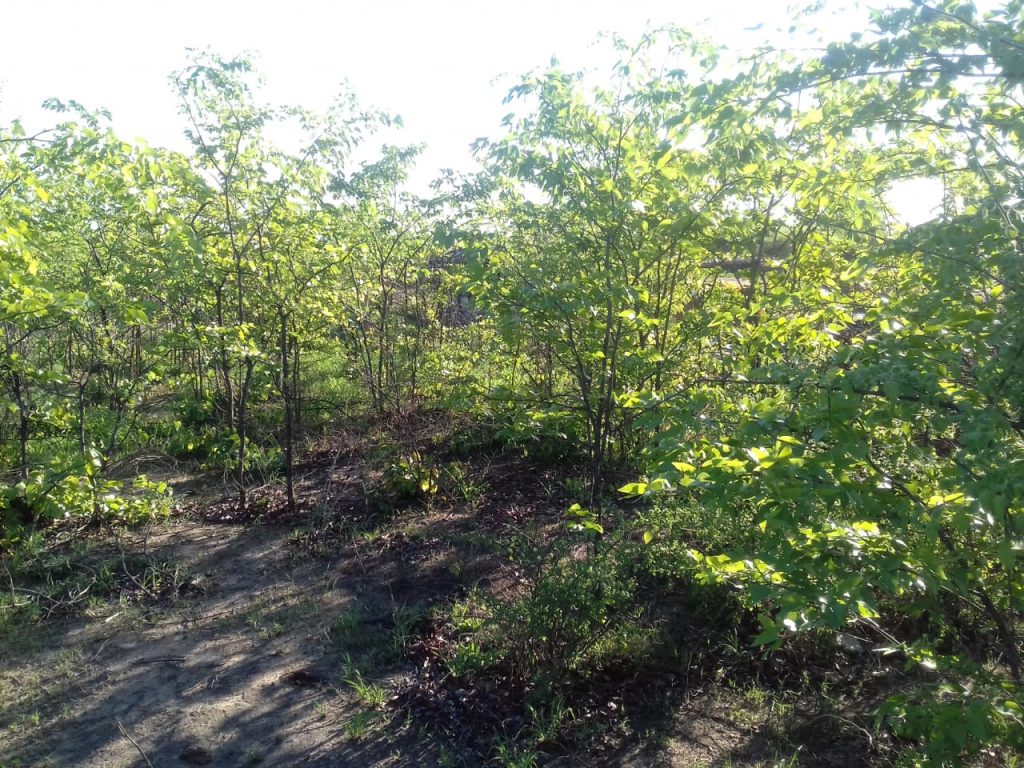
Our ARR project restores forest and biodiversity in degraded area in partnership with local communities in Mozambique.
The Project intends to restore 113,357 ha of forest, which increase carbon stock of 363,962 t CO2 annually on average.
Each seedling planted represents not just a tree, but a step toward a more resilient and inclusive future.

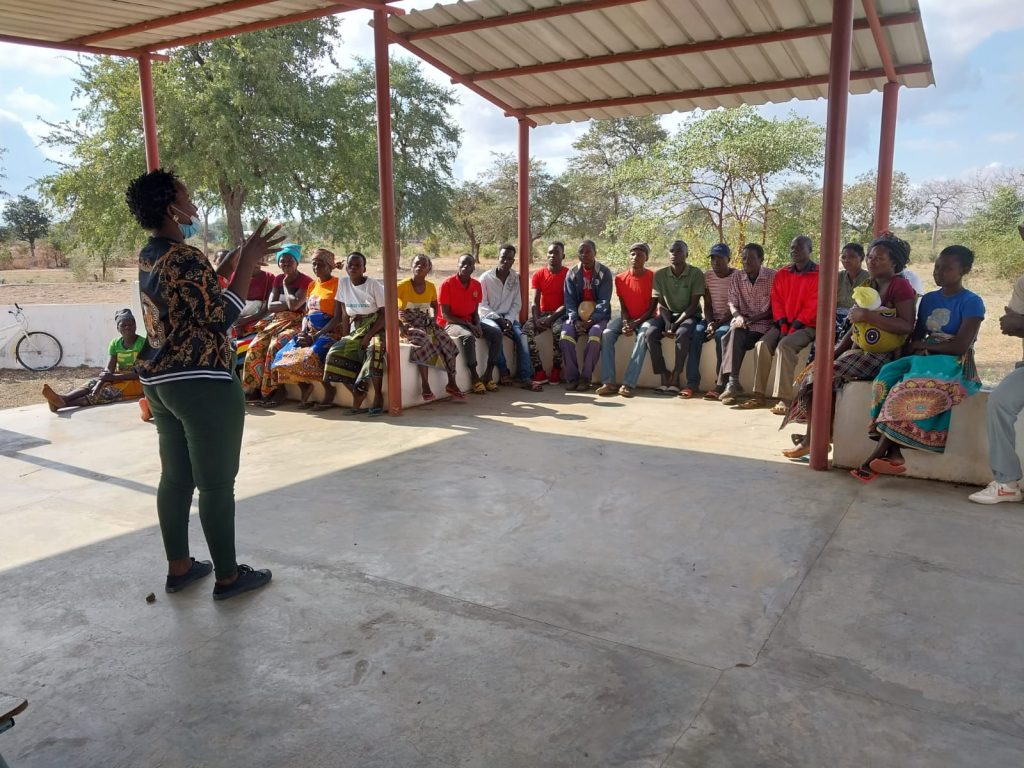
We restore native forest and biodiversity, and build a new source of sustainable livelihood for local communities.
- Environmental Impact: CO2 removal through large scale forest restoration and reforestation; soil regeneration and watershed protection; biodiversity restoration
- Generation of Sustainable Income and Livelihood: from forest products and carbon credits. Generation of employment and small business for local communities. Environmental education and skills development.
- Empowerment of Women: ensure at least 40% of employment and participation of women in Project, establishment of women`s group that plays a leading role in nursery management and small business.
- Biodiversity restoration; by prioritizing native tree species and restoring degraded restoration, our project enhances biodiversity and revive wildlife ecosystem. The Project supports conservation area near the Magoe National Park and the Tchuma-Tchuma Cahora Bassa Lake Key Biodiversity Area (KBA).
- Verified emission with measurable social co-benefits: Our project delivers VCS-Verra verified emission reduction, while directly improving community welfare and livelihood with measurable performance indicators.

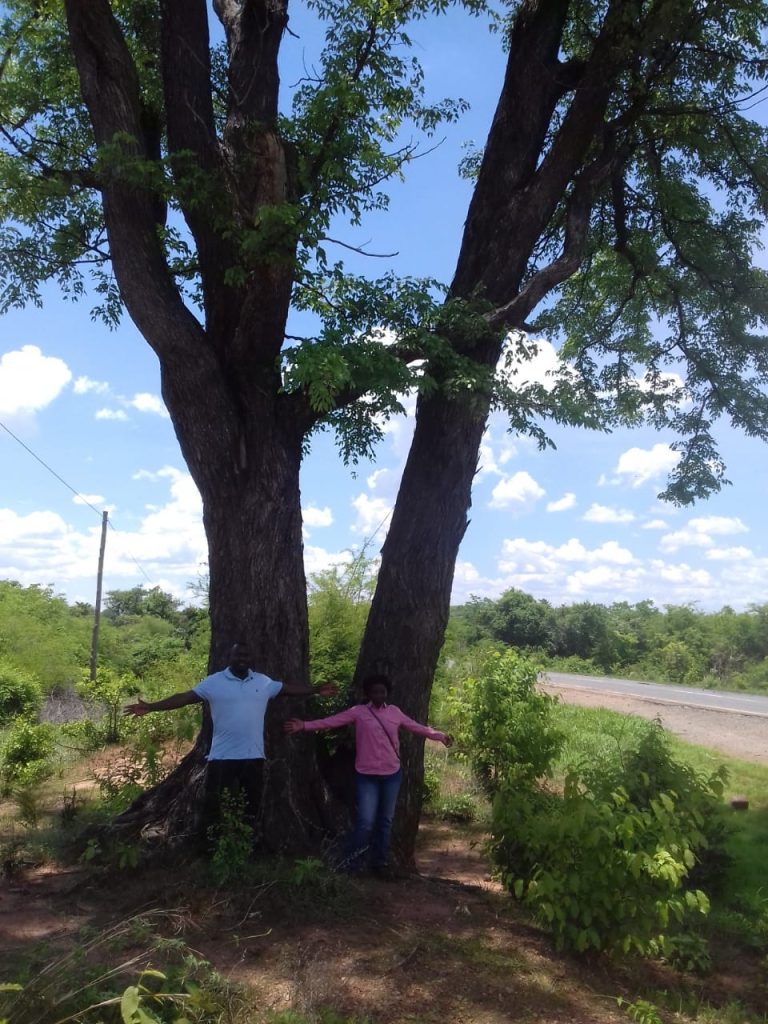

Join us in growing the forest of future
Project location
Our project is located in the surrounding area of Tete City, including Moatize, Changara, Marara, Chiuta, and Cahora Basa districts in Tete Province, Mozambique.
The project supports forest restoration in frontier forests near Magoe National Park and Tchuma-Tchuma Cahora Bassa Lake Key Biodiversity Area (KBA).
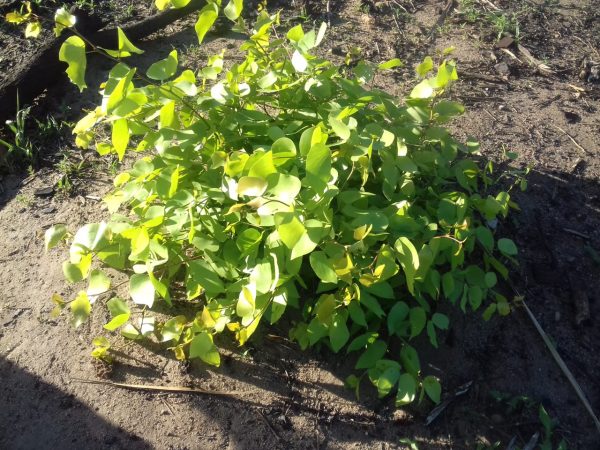
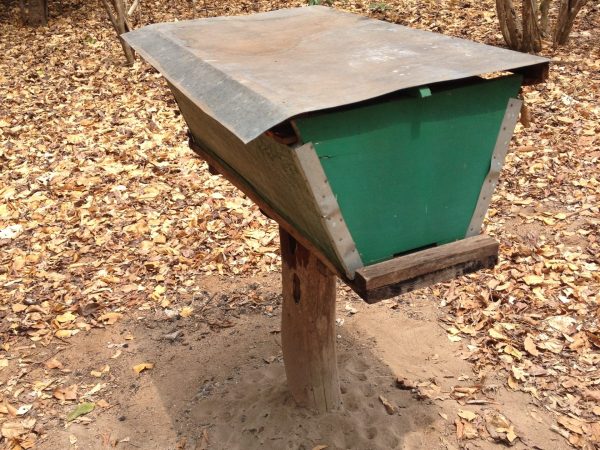
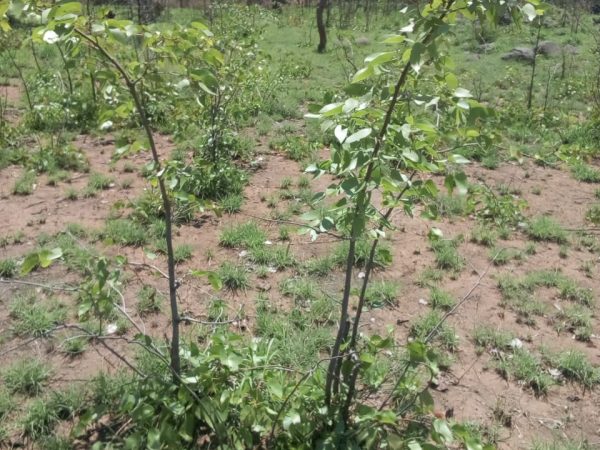
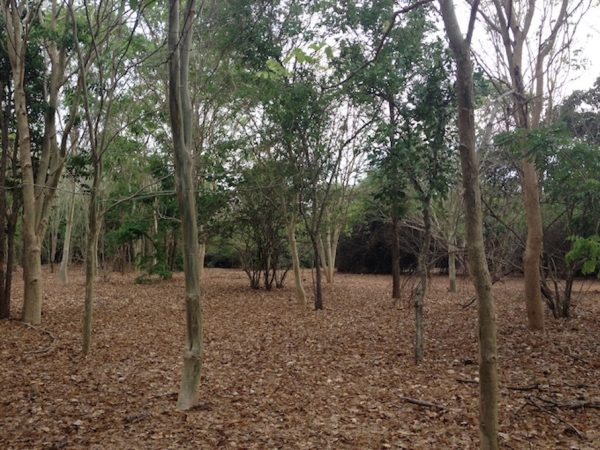
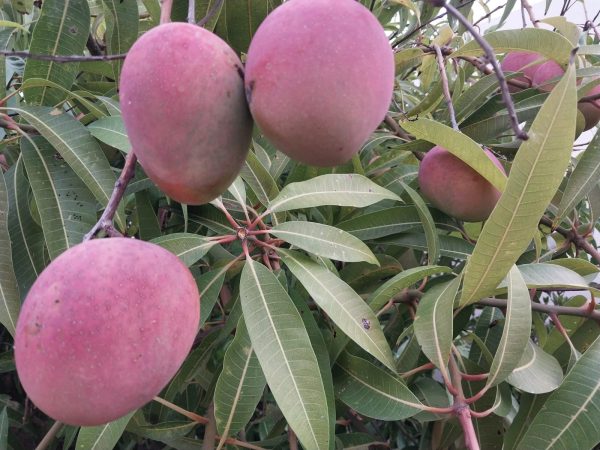
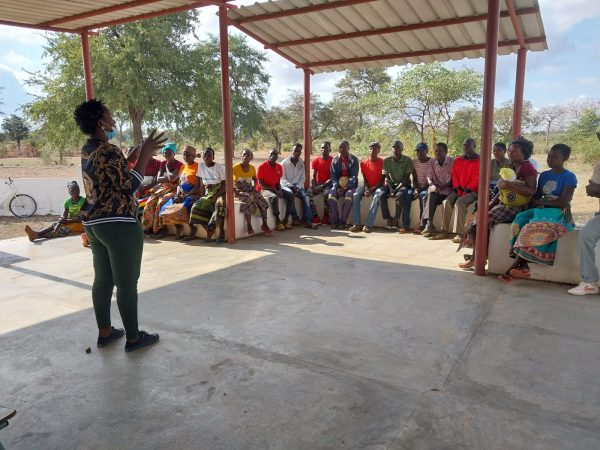
Support our ARR project
Your involvement protects forests, empowers people, and strengthens climate resilience.

